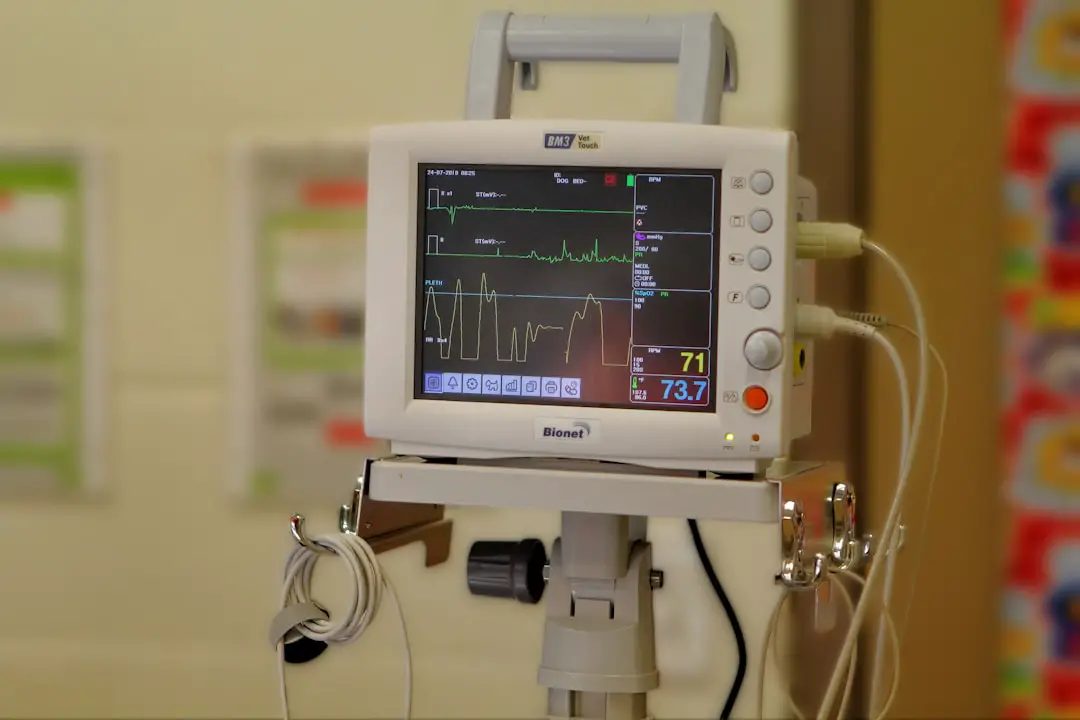
In a recent article from GovTech, it was reported that states across the country are increasingly turning to technology to support their autistic residents. As the number of individuals diagnosed with autism continues to rise, states are recognizing the need for innovative solutions to help these individuals thrive in their communities.
One such technology being utilized is virtual reality (VR) therapy. VR therapy has shown promising results in helping individuals with autism improve their social skills, communication abilities, and sensory processing. By immersing individuals in realistic virtual environments, therapists are able to tailor interventions to meet the specific needs of each individual.
Additionally, states are investing in assistive technology devices such as communication apps, sensory tools, and wearable devices to help individuals with autism better navigate their daily lives. These devices can help individuals communicate more effectively, manage sensory overload, and stay organized.
Furthermore, states are partnering with technology companies to develop innovative solutions specifically designed for individuals with autism. From apps that help individuals with time management to wearable devices that provide real-time feedback on social interactions, these technologies are revolutionizing the way individuals with autism engage with the world around them.
Overall, the increased focus on technology to support autistic residents is a positive step towards creating more inclusive communities. By harnessing the power of technology, states are providing individuals with autism the tools they need to reach their full potential and lead fulfilling lives.
Source: GovTech







